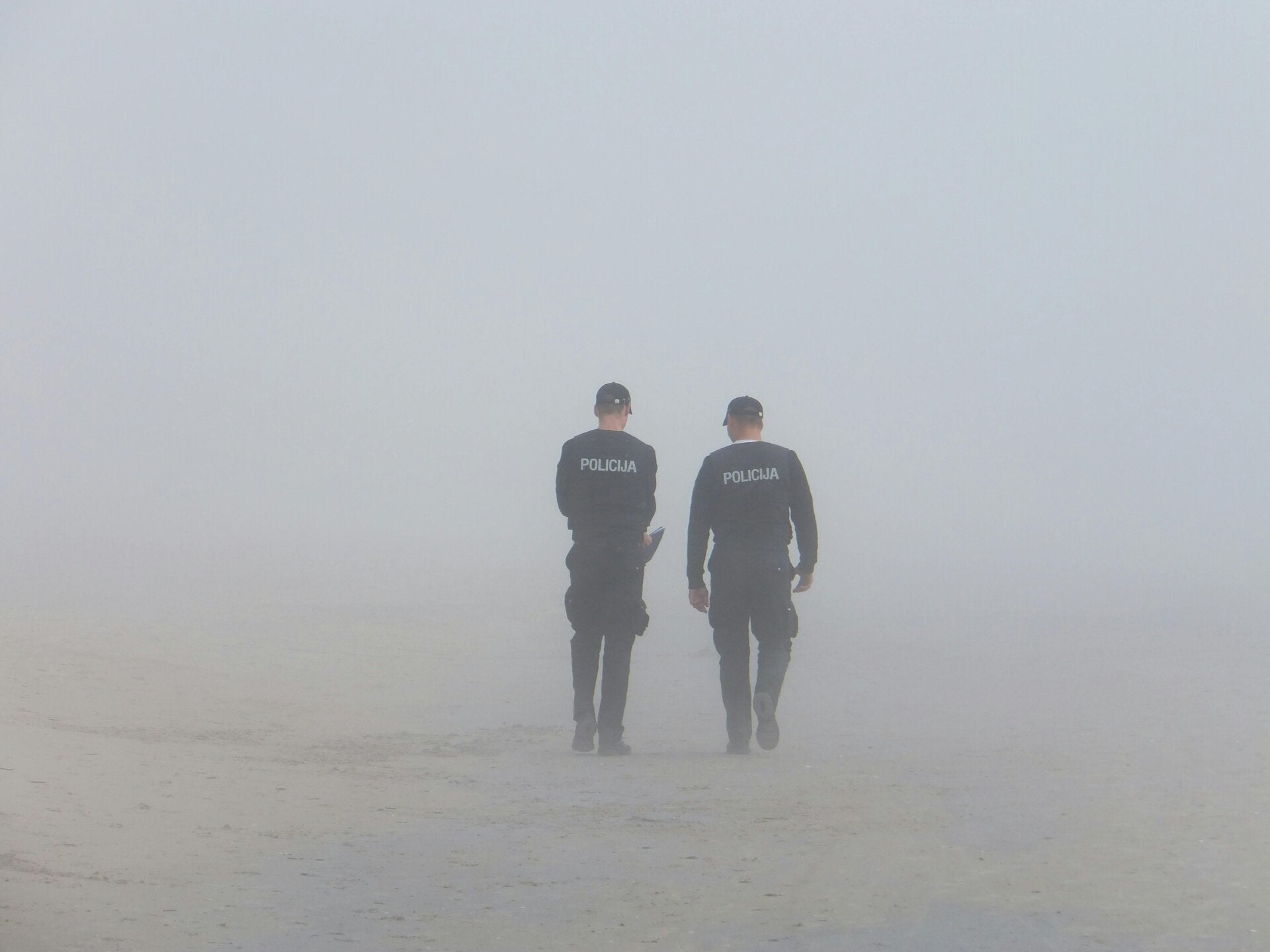Independent, Evidence‑Led Investigations for the Public

Appearing Sunday 1ST mARCH
8pm Richie and Rogue show
With Rafale Viola and his book "Stealing Lives "
One mans crusade against the Catholic church and some startling new revelations

During the show there will be updates on current cases including Caldey Island and Corruption within the family courts . Please message the show for questions on any subject or email me via the website and they will all be answered live on Sunday. Details of the development and expansion of the investigation unit.
JAOC is an independent investigative platform dedicated to exposing truth, uncovering institutional failures, and bringing evidence into the public domain.
We operate without political funding, corporate influence, or outside financial support — every investigation is personally funded, driven by public interest, and grounded in verifiable documents.
Our mission is simple: hold power to account, protect whistleblowers, and give the public the transparency they deserve.


Caldey Island Abuse Scandal
The survivors fight for justice and the exposing of an Island of paedophiles waiting for their prey as the boat landed on the jetty. The excitement of children's voices drowned out by the panting monks waiting for there depraved sexual desires which would be hidden by the church and so the trend continues.

Key Investigations


Royal Peadophile Ring
This investigation explores how trafficking networks operate worldwide and highlights areas where oversight failures, institutional vulnerabilities, or allegations have raised serious public‑interest questions — including those involving intelligence agencies, charities, political figures, and other powerful institutions.
The document also reviews publicly available debates surrounding international sex‑education frameworks, including proposals associated with the World Health Organization. It outlines why many parents and educators believe these policies require close scrutiny, transparent consultation, and strong safeguards before any implementation.

Satanic Ritual Abuse
A careful examination of “satanic ritual abuse,” separating verified evidence from misinformation. This investigation focuses on documented cases and new ones we are investigating.
Submit a Secure Tip‑Off
Share information with JAOC Investigations securely and confidentially.

Media Appearances
A powerful series of upcoming conversations is on the way, featuring in‑depth discussions with podcasters including Rogue & Richie Unfiltered, Alongside these long‑form podcasts, there will also be a Facebook Live session with Annie, the Greek whistleblower, offering a rare, first‑hand account of her experiences and the challenges she has faced. With more guests and collaborations planned, this lineup marks one of the most diverse and insightful phases of JAOC’s public‑facing work.

Please support Jade De Cruz Media on You Tube

Public Protection Resources
The Cyber Safety Resource Centre gives you practical tools to stay safe online, while our Human Rights Guides break down essential protections in clear, accessible language anyone can understand. We also provide consumer protection resources to help you recognise scams, challenge unfair practices, and defend yourself with confidence. For those seeking transparency, our FOI templates make it easy to request information from public bodies and hold institutions to account.

Cyber Safety Resource Centre
Protect yourself online with clear, practical guidance. Simple tools and real‑world advice for staying safe in the digital world.
Symbol of resistance comes in many guises both visually and in the shadows. You choose your own path but the importance is that we work collectively as one without knowing each dotted line.
JAOC RANKS IN TOP TIER
ScamAdviser’s trust ratings, earns this website as a top-tier score that reflects unmatched transparency,
credibility, and digital integrity.

-
JAOC (96/100) ranks highest, reflecting strong verification, secure infrastructure, and consistent transparency.
-
Lie Detector Test UK (95/100) and Find UK People (94/100) follow closely, both known for their reliability in personal and legal investigations.
-
Orion Investigations (93/100) and Are They Safe (92/100) maintain solid reputations in UK-based private intelligence and safeguarding.
-
Smith Investigation Agency (90/100) and Diligentia Group (85/100) round out the list, respected but with slightly lower digital trust metrics.
JAOC’s impact extends far beyond our website. Our content is regularly referenced across platforms like Reddit, YouTube, and independent forums, where users engage with our investigations and share our findings. Behind the scenes, our digital footprint is benchmarked by industry-standard analytics tools including Palantir, Gephi, and Meltwater, which track how our content spreads, how audiences interact with it, and how our influence compares to peer platforms. These tools confirm what our readers already know: JAOC is a trusted, high-engagement source for verified information and public accountability.
Thank you for supporting our work.
Testimonials
"Amazing investigations detailed and very enlightening. The DOCUMENT section continually being updated is a wonderful idea. Thank you for being a legend."
Tilly family ( Auckland)
Your website provided clear and factual advice on COVID-19, emphasising the importance of informed consent. The resource centre helped our family as we were not getting help or guidance from our local health centre. Highly recommend it for reliable vaccine information.”
Peter & Melissa H ( Cardiff )
"In a world where misinformation is rampant JAOC.ORG.UK stands out as a beacon of truth. It has become my go-to source for reliable news, and I highly recommend it to anyone seeking factual and unbiased information."
Susan P ( Exeter )





